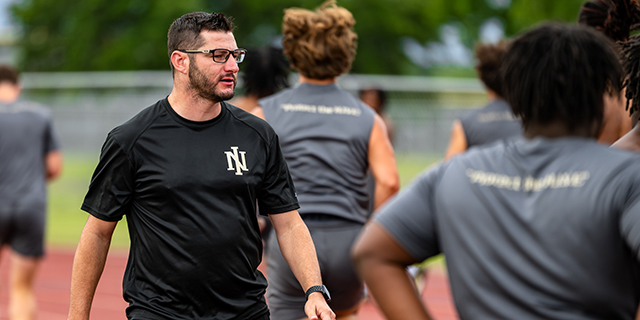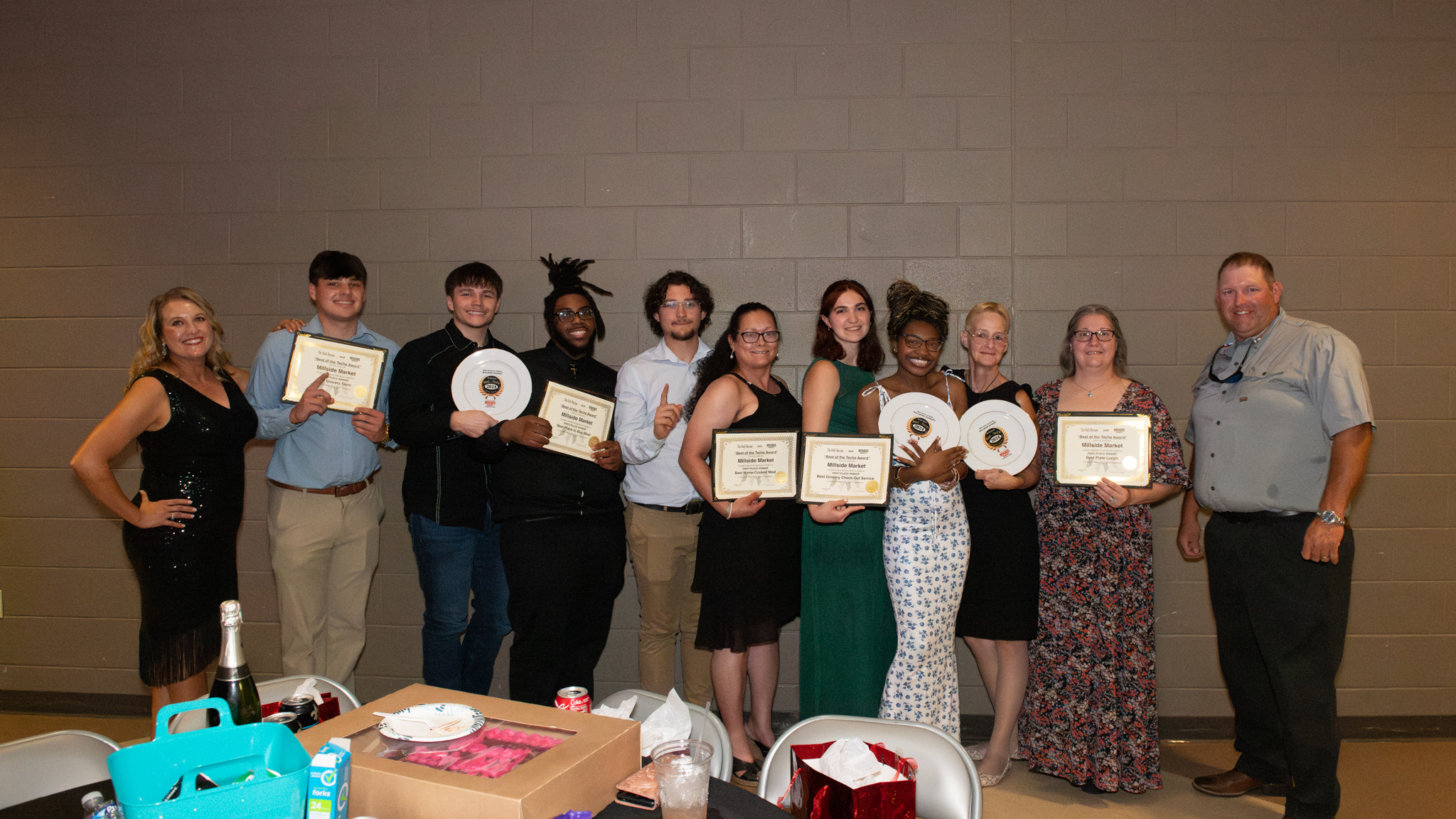WHAT OTHERS SAY: A worthy apology, and a history lesson that a former judge lived, and can’t forget
Published 12:00 pm Monday, May 23, 2022
As a teenager in Iberville Parish, Calvin Johnson saw the inside of a courtroom for all the wrong reasons.
In 1963, Johnson, then 16, and some fellow Black students had marched in favor of integrating their high school, nine years after the Brown v. Board of Education decision struck down legalized school segregation. They were met with a horde of hostile White people, both civilians and law enforcement, brandishing billy clubs, fire hoses, cattle prods and tear gas.
That summer, Johnson was convicted of inciting a riot.
To his everlasting credit, and to the benefit of countless people who came after him, he went on to channel that horrible experience into making things right, as a teacher of aspiring lawyers at Loyola University’s College of Law, as a longtime Orleans Parish Criminal Court judge and, after retiring from the bench, in a number of official and volunteer endeavors supporting criminal justice reform and mental health treatment.
Throughout, Johnson said the aftereffects of his mistreatment lingered. As a judge, he said he always remembered what it was like to sit, frightened, at the defense table.
“It had a profound impact on me,” he said. “I was a child, and so that is a traumatic experience, and so the trauma of that lives with you.”
Now 75, Johnson has earned widespread admiration for his work and his lifelong commitment.
And as of this month, he’s also earned a well-deserved apology on behalf of the State of Louisiana for that long ago arrest. Gov. John Bel Edwards issued a letter formally acknowledging that in Johnson’s case, “Louisiana’s authority and power were unjustly wielded as an outreached arm of hatred and a weapon of racial violence.”
The move resulted, indirectly, from an opinion piece Johnson wrote in this paper after Barack Obama was elected president.
“I want an apology,” Johnson wrote in 2008. “I want someone who was present that day in Plaquemine and someone who was present at all of those violent incidents that proliferated in our state from the greater Ark-La-Tex area to the marshes of Plaquemines Parish to tell me and those similarly situated that they are sorry. It is the right thing to do.”
Madeleine Landrieu agreed. A daughter of New Orleans’ first integrationist mayor Moon Landrieu — who’d responded to Johnson’s 2008 piece by apologizing for having been silent at the time — she kept a copy of the column. After becoming dean of Loyola’s law school, she approached Edwards about making formal amends; earlier this month she drove to Baton Rouge to get his letter in hand in time for the school’s baccalaureate Mass for graduating students, where she surprised Johnson by presenting it.
Afterward, a deeply moved Johnson described the value in addressing old injustices.
“To make us whole, we have to talk about these things. We cannot just simply ignore what the past was, because it’s not healthy,” he said.
We think that’s sound advice for a nation debating how to teach today’s kids about not just the times our country has soared, but also the times it’s badly faltered.
Just think of all they could learn from Johnson’s experience, and from his example.





